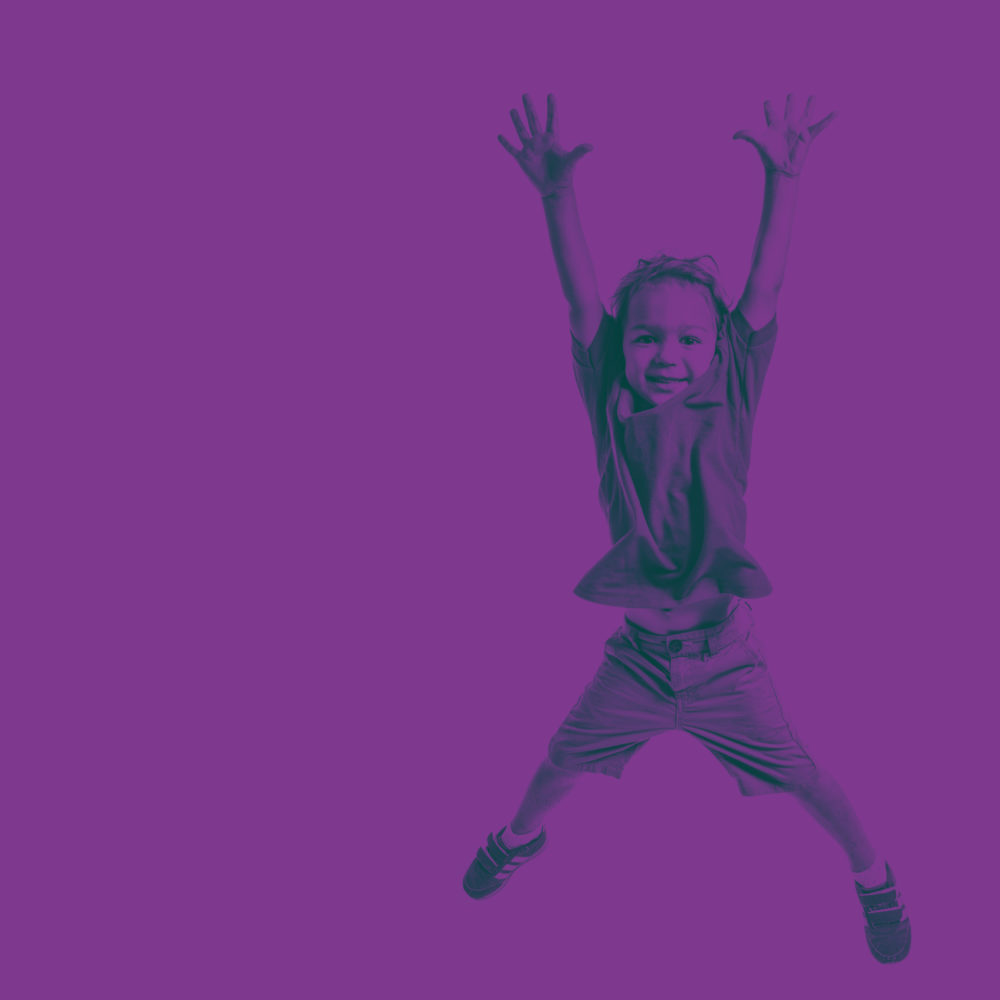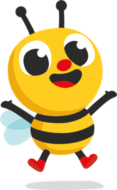
Cooking with Buzz provides you with a variety of different recipes to try with your child. Cooking is a fantastic learning experience, providing so many opportunities for teaching new skills and it's great fun too!
Early Maths skills
Cooking provides many opportunities for children to use and understand mathematical language. For example, ordinal language such as “First we need the flour, next we need the cheese”. Children are able to take part in weighing and measuring and these practical activities will help children to experience what less and more, full and empty look like. You can encourage your child to predict and estimate; “How long do you think the ice lollies will need to be in the freezer before they are frozen?” or “How many more scoops of flour do you think we need to fill the cup?” Children will have many opportunities to practice counting with meaning, for example when they count out how many tablespoons of oil they need or count out paper cases in a muffin tray. Practicing these skills and hearing these terms in meaningful experiences will support children to understand them better.
Vocabulary
Whilst cooking, children will hear and develop new vocabulary, for example ingredients they may not have heard of and skills they have not used before such as “peel”, “sieve”, “whisk” and “combine”. These opportunities will support your child learning and using new words.
Motor skills
During cooking, children will have the opportunity to use both their fine and gross motor skills, for example chopping, stirring, whisking, cutting, sieving and pouring. All these experiences will support children in developing the control and muscle movements that are needed for handwriting.

Understanding hygiene
You can use cooking as an opportunity to highlight hygiene considerations to your child. Before starting a cooking activity, you will need to wash your hands and you can take this time to talk to them about why we need to do this. Throughout the experience you can talk about why we wouldn’t put our fingers in our mouths or lick the spoon and then stir with it.
Cause and effect
Cooking is a scientific activity and children are able to see the changes that happen to materials by the effects they place on them. For example, while making bread they will see that the dough will rise or when making cakes, they will see a wet mixture transform into a sponge. Pointing out these differences allows children to hear and develop new vocabulary and develop new understandings.

Following directions
Being able to follow directions is an essential skill that children need for when they start school. Following a recipe is a great way for children to learn how to follow a set of directions to achieve a planned result.
Understanding where food comes from
While cooking with your child, you can help them to understand the origin of the food on their plate, for example do they know that carrots grow in the ground or that cheese is made from milk? The recipes that you will find in ‘Cooking with Buzz’ come from all over the world, providing you with the opportunity to find out about different cultures and countries as well!
Healthy eating
It is important that children develop a positive approach to healthy eating and understanding what different foods do to help their bodies is a great way to support their learning. Many of the ‘Cooking with Buzz’ recipes will tell you how the ingredients help your body in different ways. Research shows that eating habits and dietary behaviours start in children’s early years so hearing these messages from a young age is really important.

Using tools safely
Cooking provides children with opportunities to try out using real tools, such as knives, graters and citrus squeezers. By allowing children an element of risk in these activities, they will learn how to use tools safely and start to understand safety measures. Each recipe gives specific direction to support the use of more ‘risky’ tools.
Sensory experiences
Cooking is a very sensory experience where children have the opportunity to smell, feel and ultimately taste different ingredients. Use scientific terms such as solid and liquid and describe the textures of what you are making. Encourage the children to smell each of the ingredients they are using and use descriptive language to tell you about them.
Sense of pride
By being able to make their own food, your child will have a great sense of pride and achievement. They will learn new skills and develop their independence and willingness to ‘have a go’.
Find 'Cooking with Buzz' recipes on your UP app
UP for Educators
UP provides our educators with a wealth of quality learning experiences and essential guidance. UP pushes the boundaries to deliver even better learning outcomes, giving Busy Bees children the very best start in life. There is something on UP for all educators; download UP and see how this can enhance your practice today!








